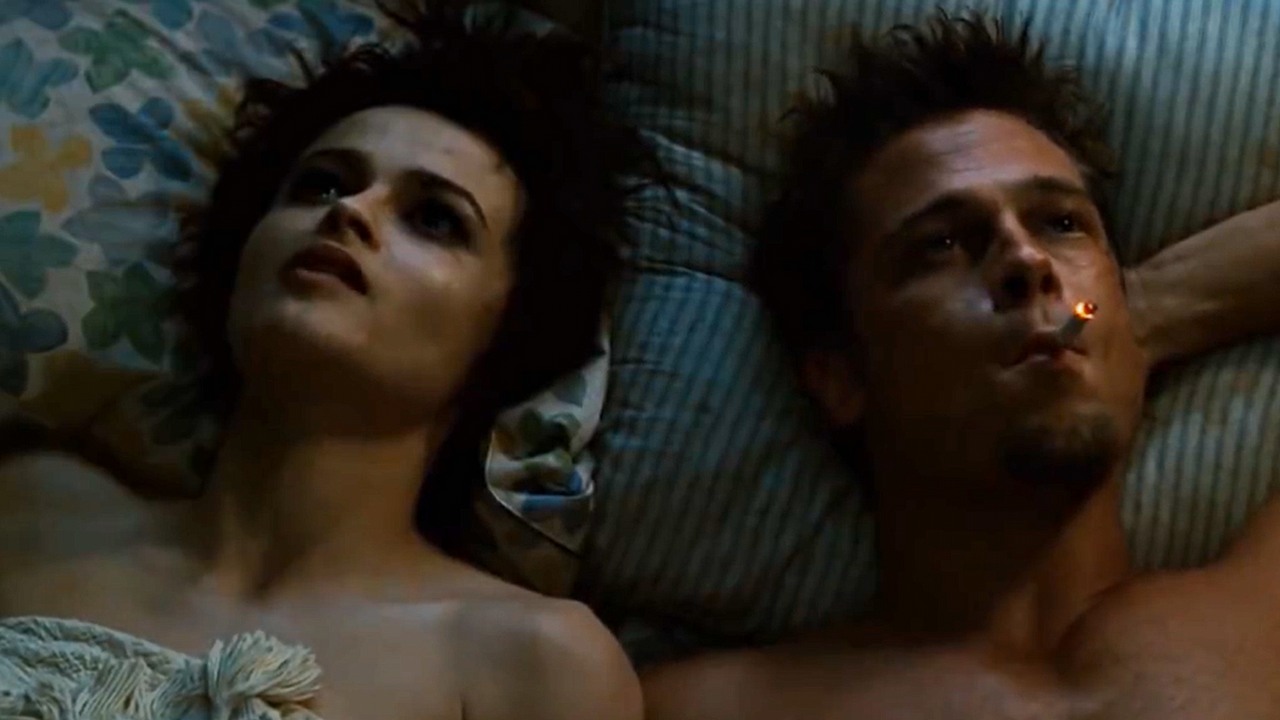David Fincher Had to Remove The Offensive Line from Fight Club Because The Producer Insisted on It. He Replaced It with An Even Worse One
David Fincher replaced the offensive line in Fight Club with an even worse one, making the producer want to go back to the former. The director, however, didn’t relent.

Fight Club is one of the most lauded films of the 1990s and additionally became one of the cult films. It aroused and continues to arouse some controversy, which is the source of further discussions, thanks to which this title doesn’t cease to descend from the tongues of cinemagoers despite the passage of years. It is also considered one of the most popular violent films of the time, in which the characters definitely didn’t bite their tongues.
And while many bold lines went through the producers and were accepted, there were also some that wasn’t accepted. The director, however, didn’t necessarily want to bend and make his movie more polite, which became the source of an interesting situation. In Chuck Palahniuk's book, which Fight Club adapted, during a bed scene the phrase "I want to have your abortion" falls from Marla's mouth, which producer Laura Ziskin found too offensive and asked the filmmaker to remove the line.
David Fincher didn't want to let go so easily and filmed a scene with this line and later showed the audience a movie with it at a test screening, wanting the audience to judge what they thought about it. The audience reacted to it with laughter, but that still didn't change Ziskin's mind, who once again asked Fincher for a change. This time, the director agreed to her request on the condition that he could choose for himself what he would replace the line with.
This is how was created the scene with the sentence: "I haven't been fucked like that since grade school." It turned out that this line, according to Ziskin, was even worse, so she asked Fincher to go back to the previous version, but the filmmaker, due to their agreement, didn’t agree to it, and eventually the line remained in the film.
Fincher was adamant that he wasn’t going to change his vision for the film, making it more polite at the request of the producers. This resulted in a provocative production that, despite being offensive, was well received by the audience, which means that the director made a good decision by sticking to his decisions.
- „It depresses me.” Benedict Cumberbatch is afraid of AI and believes that because of it „we are in danger”
- Stranger Things 5 will see the most violent death in the entire series. Until now, the Duffer brothers have „refrained” from showing such violence in the Netflix hit
- Who is Mr. Whatsit in Stranger Things season 5? The Netflix hit features references to A Wrinkle in Time
0

Author: Edyta Jastrzebska
A graduate of journalism and social communication as well as cultural studies. She started at Gamepressure.com as one of the newspeople in the films department. Currently she oversees the Gamepressure movie&TV newsroom. She excels in the field of film and television, both in reality-based and fantasy themes. Keeps up with industry trends, but in her free time she prefers to watch less known titles. Has a complicated relationship with popular ones, which is why she only gets convinced about many of them when the hype around them subsides. Loves to spend her evenings not only watching movies, series, reading books and playing video games, but also playing text RPGs, which she has been into for several years.
Latest News
- End of remote work and 60 hours a week. Demo of Naughty Dog's new game was born amid a crunch atmosphere
- She's the new Lara Croft, but she still lives in fear. Trauma after Perfect Dark changed the actress' approach to the industry
- „A lot has become lost in translation.” Swen Vincke suggests that the scandal surrounding Divinity is a big misunderstanding
- Stuck in development limbo for years, ARK 2 is now planned for 2028
- Few people know about it, but it's an RPG mixing Dark Souls and NieR that has received excellent reviews on Steam, and its first DLC will be released soon

